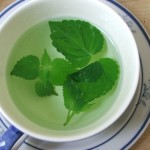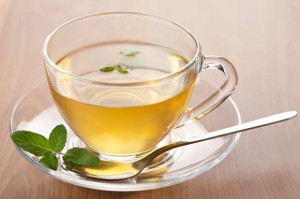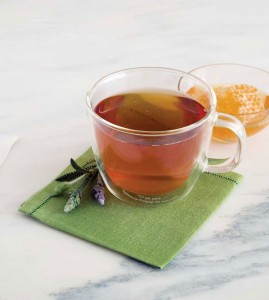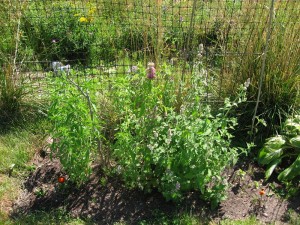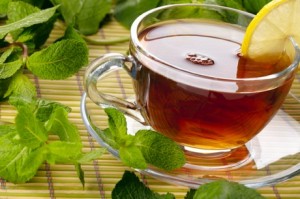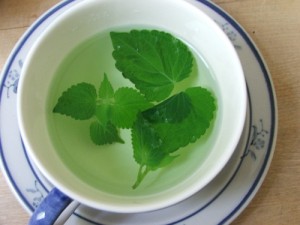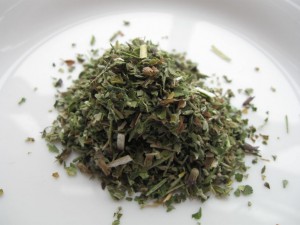Catnip Tea
Catnip tea is prepared from fresh or dried leaves of the aromatic herb, catnip (Nepeta cataria), also known as catswort or catmint. Being rich in vitamins, magnesium, potassium, calcium, sodium and selenium, this tea is widely used for medicinal purposes.
History and Origin
This perennial plant, being a native of eastern, central and southern Europe, parts of China, central Asia and Middle East, has been naturalized in North America, Canada, northern Europe and Newzealand. In the 13th century, people used its infusion to cure certain ailments. The French referred to this plant as ‘herbe aux chats’, making tea from it much before the Chinese teas were introduced.
Catnip tea health benefits: What is it good for?
Stress reliever: Having a soothing effect on the nerves, it gives a calm feeling, helping in reducing stress. Being rich in nepetalactone, this tea acts as a strong sedative, thereby treating stress related headaches, migraine as well as helping insomniacs to get a restful sleep.
Effective for menstrual symptoms: The relaxing effects of this mild herbal tea helps in relieving abdominal pain, cramping, bloating, stress, premenstrual tension (PMS) as well as other symptoms occurring during menstrual periods. Acting as an emmenagogue, it regulates the cycle by stimulating the uterus and increasing blood flow. This property also makes it beneficial in treating delayed or suppressed menstruation.
Relieves flu and cold: Acting as a strong detoxifier, it flushes toxins from the body. Being a strong diuretic, it causes perspiration without increasing the body temperature, thus being useful for curing flu, cold, cough and fever. Its sweat inducing property also associates this tea to weight loss.
Decongestive property: Acting as a strong decongestant, catnip tea helps in loosening the phlegm thereby providing relief from respiratory problems, bronchitis, sore throat, catarrh, croup and asthma
An effective eyewash: When cooled, strongly brewed catnip tea acts as an eyewash, reducing irritation due to cold or allergies as well as redness. It is also effective in alleviating puffy eyes and eye bags on being placed over the eyelids.
Aids in digestion: Its carminative and antispasmodic properties help in reducing acid reflux, thereby treating indigestion, stomach upset, flatulence and other digestive disorders. The tea also cures the common eating disorder, bulimia nervosa.
Enema properties: Catnip tea enema is useful in treating intestinal pain, colon cramps, bowel infections or disorders and constipation. It is also a good way to reduce fever in adults and children. However children below two years should not be given this enema.
Disinfectant properties: On being cooled, the tea or infusion can be used as a soak or wash for disinfecting the skin, thereby healing cuts, burns, insect bites and abrasions.
Treating diarrhea: Its tannin content makes it useful for diarrhea in adults and children as it removes the waste products from the colon, also preventing dehydration by reintroducing the lost fluid in the body.
Other uses: It is also beneficial for treating chicken pox measles, jaundice, yellow fever and whooping cough in both adults and children.
Use of catnip tea for babies
This herbal tea is useful in treating colic in infants as it reduces gas pain by relaxing their digestive system as well as calming their nerves, thereby helping them to sleep well. It is also very effective in bringing down fever that occurs due to teething in infants. Applying the infusion on the gum helps in relieving the pain. However it is advisable to consult a pediatrician before introducing this tea into your baby’s diet.
How to make Catnip tea
Apart from the fresh or dried leaves, dried flowers of catnip can be included while making the tea. It is advisable not to boil the water as it may reduce both the nutritional value and flavor of the tea.
- Take one teaspoon of dried or three teaspoon of fresh catnip leaves.
- Pour about 250ml of warm water over the leaves.
- Allow it to steep for 10 to 20 minutes.
- Strain the tea.
- Herbs like mint may be added for flavor.
- Add sugar, lemon juice or honey as a sweetener.
Preparing catnip tea for babies
- Take one and a half a cup of warm water.
- Add half teaspoon dried or one and a half tablespoon fresh catnip leaves.
- Steep it in a covered teapot for not more than 15 minutes.
- Adding any sweetener is not recommended.
Babies are usually given one teaspoon of this infusion thrice a day. The tea can be stored in a well-covered jar in the refrigerator for up to a day.
Catnip tea safety and precautions
Women suffering from pelvic inflammatory disease or having heavy menstrual flow should avoid its consumption. It is recommended not to take it before bedtime as it may increase the urine flow because of its diuretic property. People with liver or kidney disorders should also avoid drinking it.
Side effects of Catnip tea
It does not generally cause any serious side effects when consumed as part of a normal diet. However, over-consumption may result in nausea, headaches as well as malaise.
Consumption during pregnancy
There have been a lot of controversies regarding catnip tea’s usage during pregnancy. However it is better to avoid it as it may cause uterine contractions, leading to miscarriage. Though people believe that drinking this tea helps in inducing labor, nothing has been proven yet. It has also been associated with an increased risk of a premature labor. Breastfeeding or nursing mothers should consult a doctor before consuming it.
Where to buy catnip tea
Catnip tea or tea bags can be purchased online or from any grocery store selling medicinal and herbal teas.
References
- http://www.livestrong.com/article/511243-benefits-of-catnip-tea/
- http://www.drugs.com/npc/catnip.html
- http://www.therighttea.com/catnip-tea.html
- https://www.theforagerspath.com/educational-resources/plant-profiles/catnip-in-the-garden/
- http://en.wikipedia.org/wiki/Nepeta_cataria
- http://www.webmd.com/vitamins-supplements/ingredientmono-831-catnip.aspx?activeingredientid=831&activeingredientname=catnip
- http://www.doityourself.com/stry/how-to-make-catnip-tea#b
- http://edition.cnn.com/2011/LIVING/04/30/5.things.catnip.mnn/
- https://www.richters.com/show.cgi?page=QandA/Medicinal/20040712-5.html
- http://www.medicalhealthguide.com/herb/catnip.htm
Article was last reviewed on 23rd December 2022
Related Articles
Leave a Reply
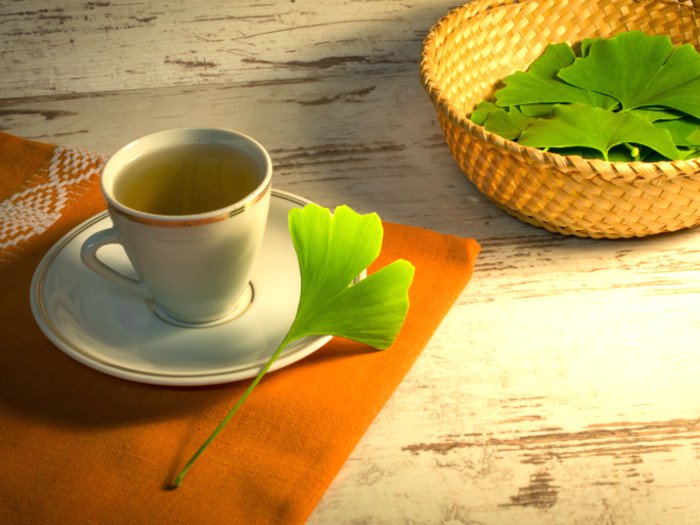
Ginkgo Biloba Tea
The Ginkgo Biloba tea is an herbal infusion obtained from the extract of the dried leaves
Read more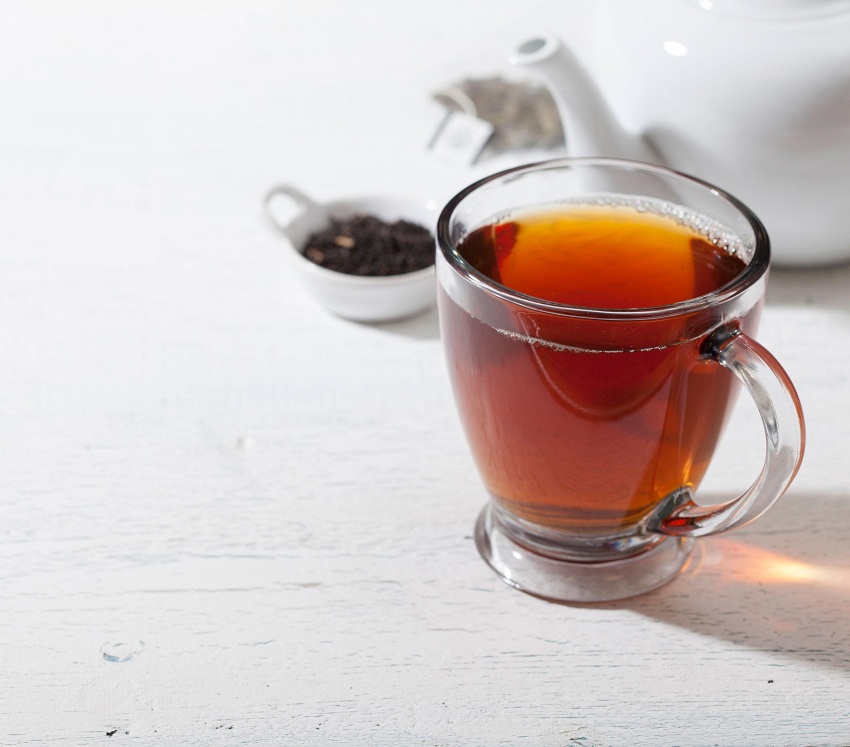
Black Tea
Black tea, belonging to the same group as the green, white and oolong teas is the most oxi
Read more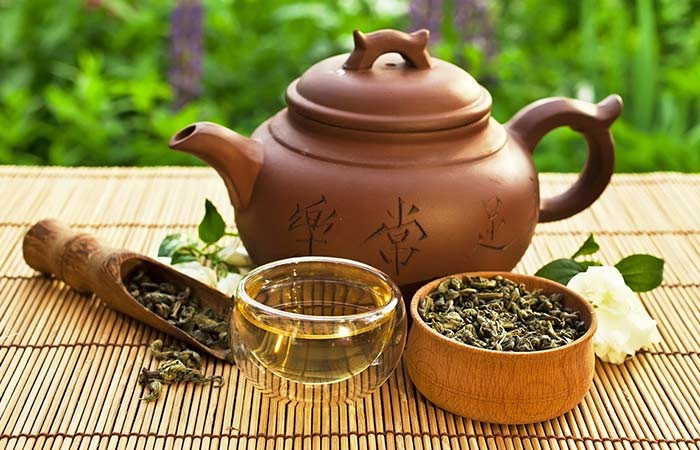
Oolong Tea
What is oolong tea Oolong, a traditional beverage of China, is prepared from the buds, st
Read more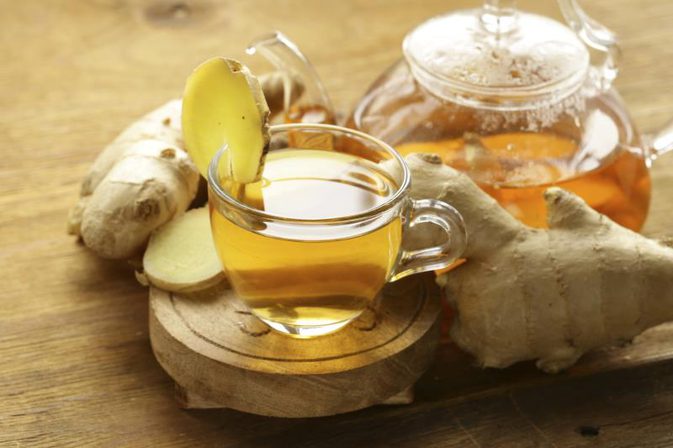
Ginger Tea
Ginger tea, prepared from the roots of ginger, is a popular herbal beverage of Asia. Becau
Read more
